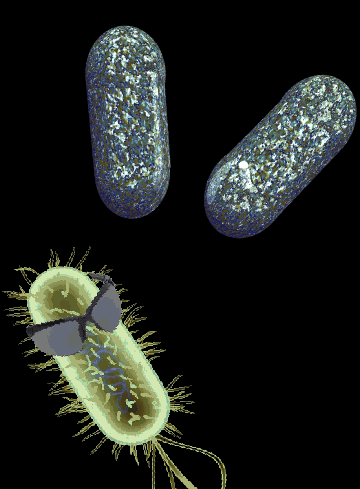Phage tools to fight AMR

Experts have uncovered potential breakthroughs in the search for new antibiotics and therapies to promote a balanced gut microbiome and overall human health.
Through DNA sequencing, a Flinders University-led team has pinpointed specific tiny gut viruses among the common Crassvirales bacteriophages found in the human digestive system.
These viruses target particular bacterial hosts, paving the way for “phage therapy” to address imbalances in gut bacteria crucial for digestion, nutrition, immunity, and general well-being.
This approach may also offer solutions to antimicrobial resistance (AMR) as traditional antibiotics lose effectiveness against evolving bacteria.
The World Health Organization (WHO) highlights AMR as a significant global health threat, associated with nearly 5 million deaths in 2019 and potentially costing over US$1 trillion by 2050 if left unaddressed.
Phage therapy offers a precise method to combat infections, targeting harmful bacteria while sparing beneficial ones, in contrast to broad-spectrum antibiotics that can disrupt the balance of gut microbes.
Bacteroides, primarily beneficial gut bacteria, play a crucial role in metabolising polysaccharides and oligosaccharides, providing essential vitamins and nutrition.
However, when gut balance is disrupted, issues such as compromised immunity, excessive dietary fibre consumption, and antibiotic resistance can arise.
Professor Robert Edwards, leader of the Flinders Accelerator for Microbiome Exploration (FAME) Lab, notes that the research is unravelling complex interactions between bacteria species and phages, potentially leading to new methods for enhancing gut health and metabolism.
The study, supported by researchers from Australia, the US, and Europe, isolated three novel Crassvirales species from wastewater samples.
These viruses infect Bacteroides cellulosilyticus WH2, showcasing a shared ability to exploit similar features in their bacterial host, providing valuable insights into the intricate world of phage-bacteria interactions.
The full study is accessible here.








 Print
Print